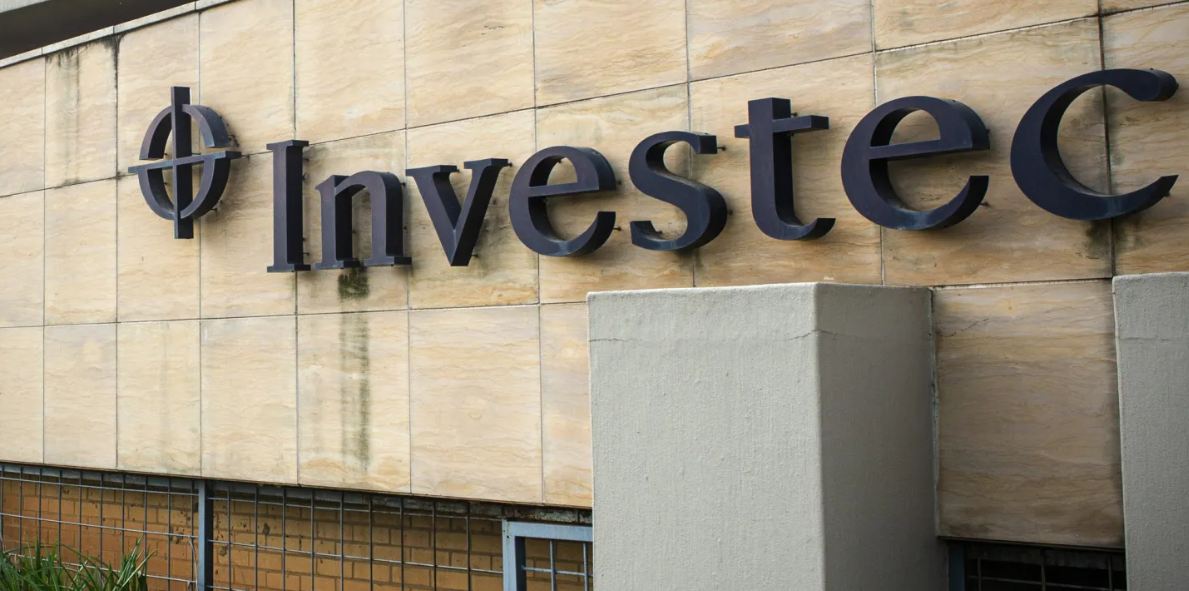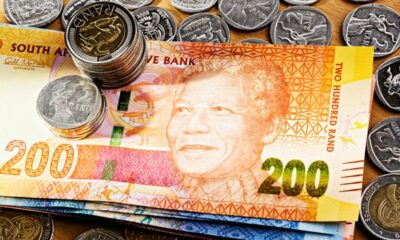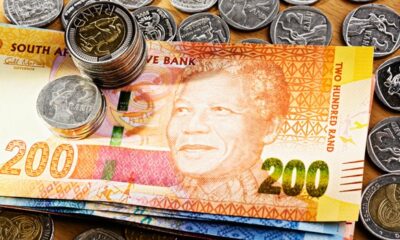Business
South Africa Outperforms UK for Investec as Credit Losses Remain Low

Despite facing a turbulent economic climate, Investec has posted a resilient performance in its latest financial results—largely thanks to strong fundamentals in South Africa. The group’s results for the year ending 31 March 2025 reveal that credit losses remain significantly lower in Southern Africa than in the United Kingdom, helping the bank maintain a competitive edge.
Group CEO Fani Titi described the performance as robust, highlighting a return on equity (ROE) of 13.9% and adjusted operating profit surpassing £1 billion (R24 billion) for the first time in Investec’s history.
“We’re proud of our growth, particularly in client acquisition and annuity flows. South Africa has played a vital role in that success,” Titi said.
Credit Risk: SA Far Safer Than the UK
A standout metric from the report is the credit loss ratio—a key measure of loan book health. While the group-wide figure rose slightly to 38 basis points, South Africa maintained an impressively low ratio of just 15bps. In contrast, the UK saw its credit loss ratio climb to 60bps, reflecting tougher conditions and cost pressures.
What makes this more notable is the UK’s larger core loan book, totaling £17 billion (R410 billion), compared to South Africa’s £15.7 billion (R378 billion). This means higher absolute loan losses are being absorbed in the UK.
Despite this, overall credit quality remains solid, with no signs of systemic deterioration.
Earnings Mixed: Operating Gains vs Strategic Shakeups
Investec reported a profit after tax from continuing operations of £693 million (R16.7 billion), up from £651 million the previous year. However, total profit fell sharply due to one-off strategic changes, including:
-
The merger of Investec Wealth & Investment Limited with Rathbones Group Plc, in which Investec now holds a 41.25% stake.
-
The sale of Investec Property Fund (IPF) management companies.
These moves were marked as discontinued operations, leading to a 32.5% drop in basic earnings per share to 72.8p (R17.57).
Dividend Up, Buyback on the Way
Despite the profit dip, the board increased its final dividend to 20.0p (R4.83) per share. The payout ratio was also raised from 44.2% to 46.1%, aligning with the group’s 35%–50% policy. Additionally, Investec announced plans for a R2.5 billion share buyback over the next year, signaling confidence in future returns.
South Africa Set to Lead Again
Looking ahead, Investec expects its South African operations to deliver a strong ROE of around 18.5%, outperforming the UK’s expected 14%. While operating costs will remain under close watch amid inflation, the group is optimistic about client activity, book growth, and new business strategies.
Fani Titi hinted that by 2030, Investec aims to hit the upper end of its ROE target range of 13%–17%, driven by:
-
Expanding scale and client bases,
-
Focused growth initiatives,
-
Efficient capital management.
While total profits were impacted by strategic restructuring, South Africa continues to be Investec’s star performer, offering more stable lending conditions and stronger returns than its UK counterpart. The results underscore how regional performance disparities can significantly influence group-wide outcomes in multinational finance.
{Source: BusinessTech}
Follow Joburg ETC on Facebook, Twitter , TikTok and Instagram
For more News in Johannesburg, visit joburgetc.com



























